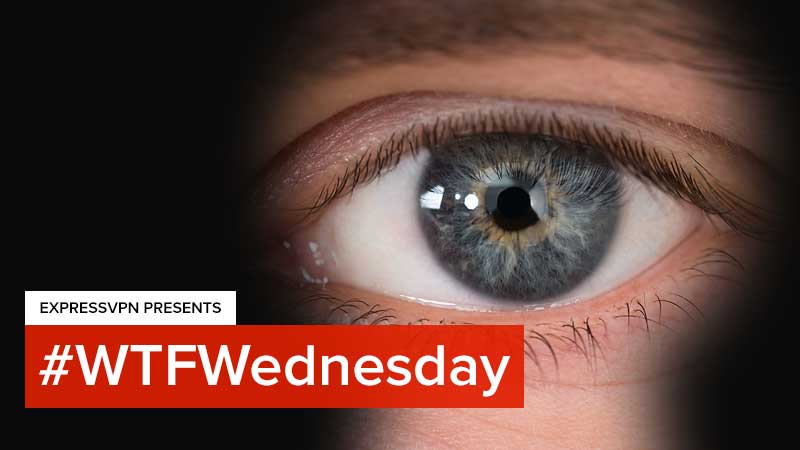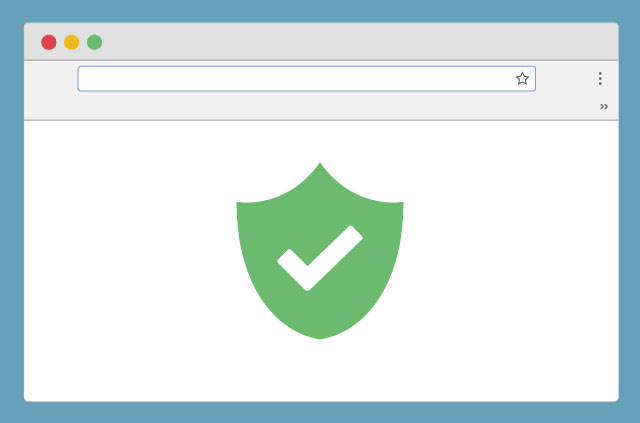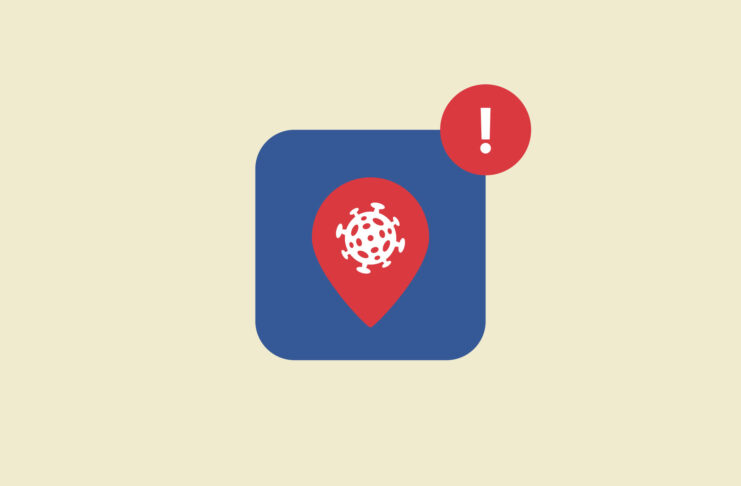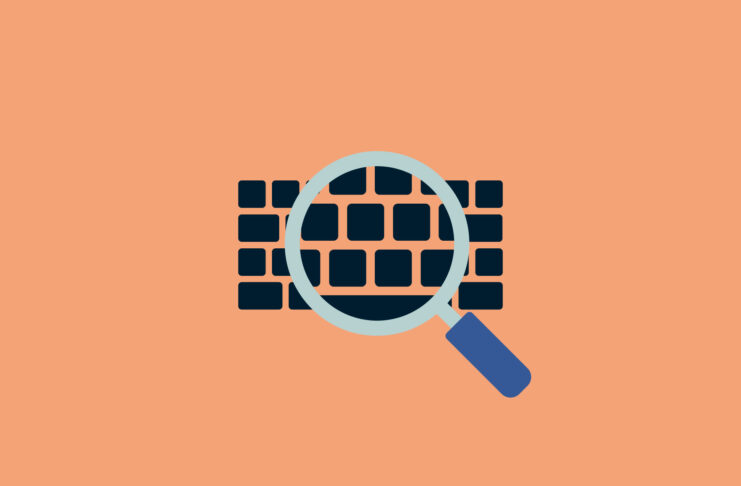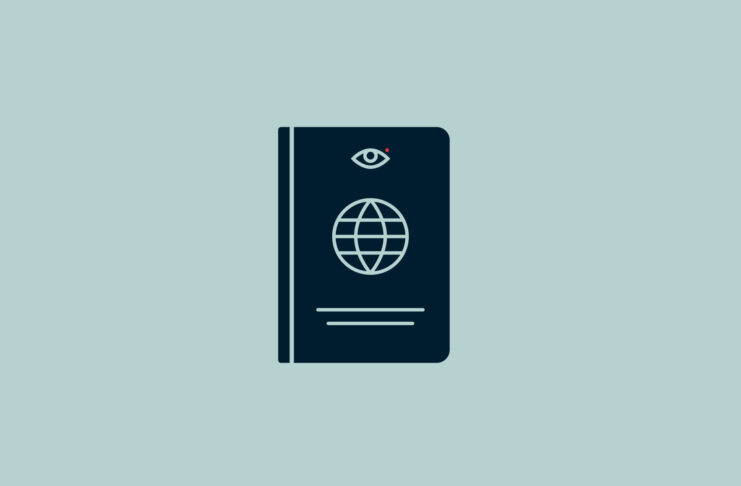How hard is it for hackers to spy on you through your own webcam?
Apparently it’s not hard at all.
Take this recent case as an example.
27-year-old Chelsea Clark had just finished a long day of work when she invited her boyfriend over for an evening of Netflix binge-watching. The couple fell asleep with their laptop still on.
What they discovered the next day scared the absolute !@*&$ out of them.
The Worst Kind of Wake-Up Call
When Chelsea logged into Facebook, she received a sinister series of photos of her and her boyfriend sleeping.
Turns out an anonymous hacker had taken photos of the couple using their own webcam. The culprit then hacked into Chelsea’s Facebook page, added himself as her friend, and then sent the photos to her in a Facebook message with this eerie caption:
Realy, cute couple [sic].
Naturally, as soon as Chelsea saw the messages, she immediately called the police. “It felt so invasive,” she said. “Like someone was in my house with me.”
You’re Not Dead So Cops Don’t Care
If that wasn’t enough to make the little hairs on the back of your neck stand up, get this: The cops did absolutely nothing.
Chelsea said the law enforcement officers were pleasant but offered little assistance. “They came over and took a statement, and they were very nice and polite and completely useless.”
She’s not the only one who feels this way.
Law enforcement fails miserably when it comes to prosecuting hackers. Whether it’s due to lack of interest, manpower, or simply ineffective legislation, police have always struggled with cybercrime.
That’s why so many cases like Chelsea’s remain in a state of limbo, a sort of perverse purgatory where reports continue to pile up but nothing is solved.
Speaking to VICE, cybersecurity expert Eric Parent explained what he thinks is the real reason behind law enforcement’s general lack of interest.
There are so many stories like this one. It’s only when someone’s life is at stake or when someone has died that the files get floated to the top.
Angry? You should be.
Hacking a Webcam Is Surprisingly Easy! Here’s How Hackers Do It
There are a few different ways hackers can remotely access your webcam. One of the most common methods is using a type of software called a RAT, or remote authorization tool.
RATs were originally developed to allow people to access their computers remotely. Unfortunately, hackers have been using this software to gain access to computers around the world. It’s surprisingly simple to do, and sometimes extremely hard to detect.
The number of RATs currently circulating the Web is estimated to be in the “hundreds of thousands.” And if you think the only way hackers can spy on you is when that little light is on, think again.
The FBI has been using spyware for years to access your webcam without the light on, and so have hackers. That means whenever your computer is on, hackers could be watching you!
Tape It Up!
Luckily, for such an intricate system, there’s an absurdly simple solution. To prevent third parties from spying on you, always cover your webcam.
Use a sticker, duct tape, a piece of paper, whatever. Just make sure your webcam is covered whenever you’re not using it.
And if your webcam has a remote access feature you never use, turn it off!
Leaving your webcam uncovered is like leaving your window wide open. Don’t let the little light next to your webcam be your only measure of security. Protect your privacy by covering your camera.
ExpressVPN’s #WTFWednesday brings you weird, shocking, and creepy stories about data privacy—pulled straight from the news. Think your privacy is yours? Think again. You will feel uncomfortable. You will be outraged. You will think, “WTF?!”
Like this post? Hate it? Read more horror stories about the invasion of your privacy in our #WTFWednesday archive.
